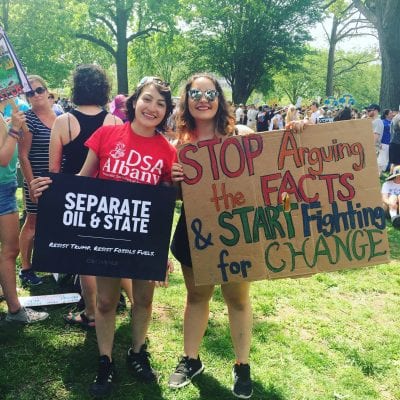From spending summers in Beijing, to months in Australia and New Zealand my view on what sustainability means has drastically changed. To me, sustainability is defined as something that can be managed and maintained over time at a controlled rate. In the context of environmental climate change, and with this definition, clearly climate change has not been environmentally sustained. The New York Times published an article, Pollution May Dim Thinking Skills, which emphasizes how the world is not sustainably maintaining the environment. The results of this longitudinal study suggest that pollution can negatively influence people’s language production, processing, math skills, and increased risk for Alzheimer’s and respiratory disease. China’s carbon dioxide emissions have increased over the previous year, even though the country has been setting climate change goals. At this rate of pollution, scientists predict that by the year 2030, about 75.6 million people will suffer from Dementia. The goal of this study is to increase awareness about the negative effects of climate change and to prevent developing and developed countries from increasing carbon dioxide emissions. Individuals should reflect and take a step back and track their carbon footprint – such as are there places where you drive, and should walk instead? What temperature do you keep your air conditioner on?
Monthly Archives: September 2018
Blog #1
As an Environmental Policy major and environmentalist I am extremely passionate about how the preserve the benefits that our natural world provides for us. So far what that has meant to me is educating myself and others in the best way I know: talking. Communication across all different interest groups and demographics is an integral and unavoidable step in the fight against climate change but it also tends to be one of the largest barriers that exists in our world today. Not only in cultural and economic instances but also in political and academic instances, communication about climate change needs to be more inclusive and cohesive. My personal motivation for taking this class is to learn skills and techniques to make me a more well-rounded environmentalist so I have the ability to connect people through knowledge.
A hippy who showers?
My relationship with sustainability goes back to by accidentally becoming in charge of my High School’s environmental club, and through that club I’ve learned about the importance of the earth to humanity. This liking for the environment escalated into passion in college when I learned more about the meat industry in America, the structures of capitalism that promote consumerism and more waste in America, and the intersections of human rights and environmental rights.
I have now been a vegetarian for a year to reduce my carbon footprint; my senior thesis for Political Science is all about aiding climate migrants by using environmental racism to claim refugee status for those rendered stateless at the hands of climate change; I try to only buy clothes second hand to reduce the waste and pollution that the fashion industry causes; I attempt to live as waste free as possible by caring around collapsable containers, bamboo utensils, a reusable water bottle, and reusable bags; and I live in the environmental theme house on campus called Ozone House. In a classical sense I suppose I’m a hippie, but I just really love being outside and learning, and in order for me to keep pursuing what I care about the earth needs to be healthy. This is why I declared an Environmental Science and Policy Minor so I could learn more. This learning spawned into activism when I took over our College’s environmental club my sophomore year, and raised $5000 to send a bus of Union College students, Sienna students, and some fellow Schenectadians from a church group to the 2017 People’s Climate March in Washington D.C. with Professor Jeff Corbin because the earth and the people who live on it really matter to me.
Welcome to Mathematics of Sustainability
For help: http://muse.union.edu/ltsc
Your post must have a title, one or more categories, and tags.
Tags to choose from (or create your own): agriculture / carbon dioxide / climate change / economy / ecosystem / energy / environment / food / global warming / greenhouse gas / health / human society / measuring / population / recycling / renewables / social justice / sustainability / water
Login Information
Forget how to login to add content?

Go to muse.union.edu//mth-063-01-f18/wp-admin/
Enter your campus network user name and password, and you’ll be directed to the Dashboard of your site.
Along the top of the window is a black bar called the Admin Bar. ![]()
Hover over the +New button and make your selection, typically either Post or Page.![]()




